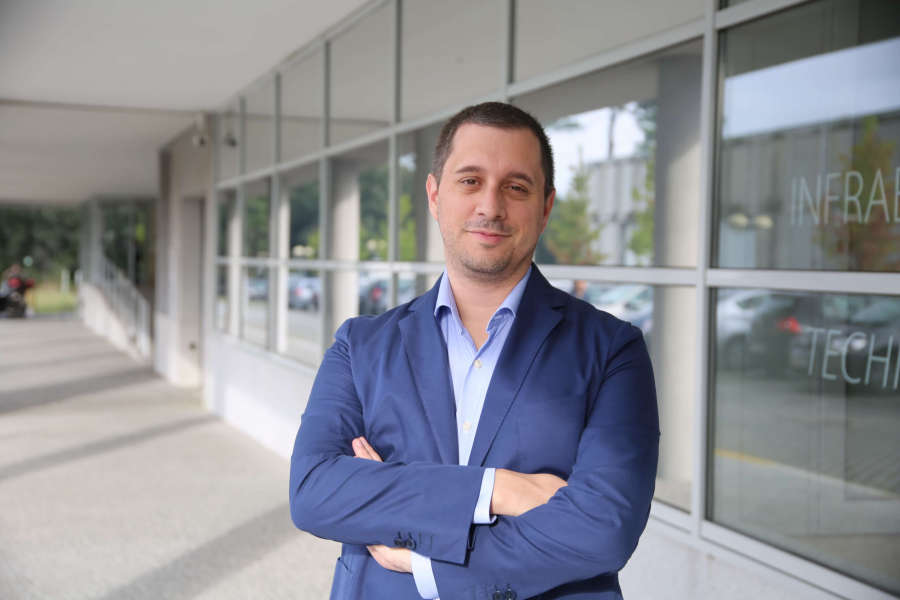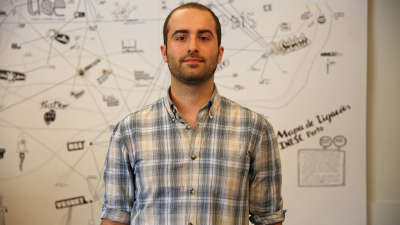Artificial Intelligence for Operation and Maintenance of PV Plants
The Paris Agreement have defined the necessary targets to limit the global warming to 1,5° with a massive contribution by renewable energy. Despite a decrease of around 90% of the solar panels cost the last 10 years and an exponential increase in PV installation, the global solar capacity that is required to reach COP21 goals is 4,500 GW above forecast by 2025. The panels efficiency has reached 21%, which is still reduced comparing with other energy sources. Finally, PV faces variability, by the daily cycles, but also because of clouds. To face these challenges the industry has been working to improve the overall performance of PV systems (increasing the scale of PV farms, using distributed inverters, solar trackers, etc.), but unsolved challenges remain concerning the reliability and numerous unforeseen outages and high operation and maintenance (O&M) costs, hindering a lean integration in the electrical grid. In this context, the main goals of the AI4PV project is to increase the operational performance of PV plants. The expected result is a set of tools for PV plant O&M and Asset Managers to: • Increase operational reliability and efficiency: high precision of early detection of failures and diagnosis. • Improve economic performance: downtime reduction and detecting performance problems that can affect energy production. To achieve these objectives, AI4PV will combine AI-based algorithms and physical modelling of components to build digital assets of the PV power plant, using different technologies such as: unsupervised learning (e.g., with neural networks), modelling and simulation with Monte Carlo, contextual bandit for predictive maintenance, data collection and interoperability. AI4PV consists in the design, development and validation (in real-scale PV plants) of a set of tools. It is an industry-led consortium with balanced roles between scientific and technological partners, with market footprint and real operation of PV plants capabilities.







